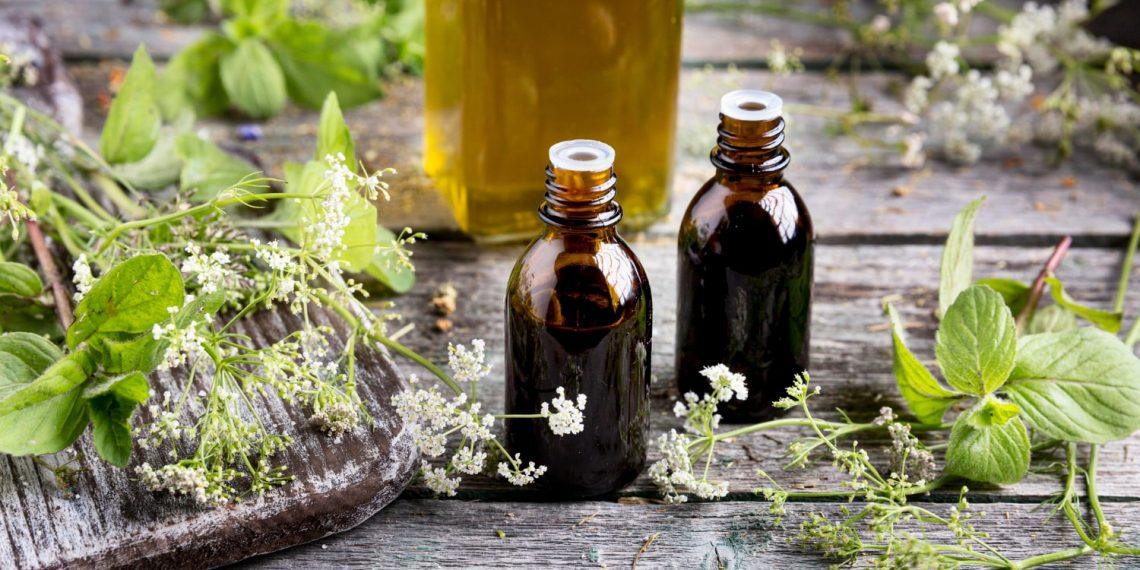Natural anxiety remedies can be a game-changer for anyone feeling overwhelmed by life’s challenges. Anxiety isn’t just a fleeting feeling; it can grip your mind and body, leaving you exhausted and drained. But here’s the good news: there are practical, natural ways to soothe your nerves and regain your peace. Let’s explore these remedies that not only alleviate anxiety but also empower you to take control of your mental well-being.
Contents
Understanding Anxiety
Anxiety is a normal human emotion, but when it becomes persistent, it can interfere with daily life. It can manifest in various forms, such as generalized anxiety disorder, panic attacks, or social anxiety. Understanding your anxiety is crucial. It’s not just about feeling nervous; it can also lead to physical symptoms like increased heart rate, fatigue, and insomnia. Recognizing the signs can help you take proactive steps toward managing it.
Why Natural Remedies?
Why turn to natural remedies? They offer a holistic approach to mental health. Unlike many pharmaceuticals, natural solutions often have fewer side effects and empower you to make choices that align with your body’s needs. By opting for these remedies, you’re not just masking symptoms; you’re nurturing your mind and spirit.
1. Herbal Teas
Sip your way to serenity with herbal teas. Chamomile, lavender, and passionflower are known for their calming properties.
- Chamomile: Often used to promote sleep, chamomile can help reduce anxiety levels.
- Lavender: Known for its soothing aroma, lavender tea can be a gentle way to unwind after a long day.
- Passionflower: This lesser-known gem can help alleviate anxiety and improve sleep quality.
Tip: Make it a ritual. Brew a cup each evening, take a moment to breathe, and enjoy the tranquility.
2. Mindfulness Meditation
Mindfulness meditation can transform your relationship with anxiety. Instead of fighting or avoiding anxious thoughts, you learn to observe them without judgment.
- How to Start: Find a quiet space. Sit comfortably, close your eyes, and focus on your breath. If your mind wanders, gently bring it back to your breath.
- Research: Studies show that mindfulness can significantly reduce symptoms of anxiety and improve overall well-being. (Source: American Psychological Association)
Tip: Just five minutes a day can make a difference. Gradually increase your time as you become more comfortable.
3. Exercise
Engaging in physical activity is one of the most effective natural anxiety remedies. When you exercise, your body releases endorphins, the “feel-good” hormones.
- Options: You don’t have to hit the gym. A brisk walk, yoga, or dancing in your living room can elevate your mood.
- Consistency: Aim for at least 30 minutes of moderate exercise most days of the week.
Tip: Choose activities you enjoy. The more fun you have, the more likely you are to stick with it.
4. Aromatherapy
Harness the power of scents to calm your mind. Essential oils like cedarwood, frankincense, and bergamot can be incredibly effective.
- How to Use: Diffuse oils in your home, add a few drops to your bath, or use them in lotions while massaging your skin.
- Science: A study published in the Journal of Alternative and Complementary Medicine found that aromatherapy can lower anxiety levels significantly. (Source: Journal of Alternative and Complementary Medicine)
Tip: Experiment with blends to find what resonates with you.
5. Deep Breathing Exercises
Deep breathing is an instant way to calm your nervous system. It’s simple but powerful.
- Technique: Inhale deeply through your nose for a count of four, hold for four, and then exhale slowly through your mouth for a count of six. Repeat this several times.
- Impact: This practice can lower your heart rate and induce a sense of calm.
Tip: Use deep breathing during moments of heightened anxiety, like before a presentation or during stressful conversations.
6. Healthy Diet
What you eat can significantly impact your mental health. A balanced diet rich in whole foods can help stabilize your mood.
- Foods to Include: Leafy greens, berries, fatty fish, nuts, and seeds are particularly beneficial for your brain.
- Limit: Reduce sugar, caffeine, and processed foods, as they can exacerbate anxiety symptoms.
Tip: Meal prep to ensure you have nourishing options readily available. Your body and mind will thank you.
7. Journaling
Writing can be a therapeutic outlet for your thoughts and feelings. Journaling helps you process what’s weighing on your mind.
- How to Start: Set aside time each day to write. Focus on your feelings, what triggered your anxiety, and any solutions that come to mind.
- Benefits: This practice can provide clarity and reduce stress.
Tip: Try gratitude journaling—write down three things you’re thankful for each day. Shifting your focus can lighten your mental load.
8. Social Connections
Don’t underestimate the power of community. Building strong relationships can be a significant buffer against anxiety.
- Reach Out: Talk to friends or family about how you’re feeling. Sometimes just sharing can lighten the burden.
- Join Groups: Consider joining support groups or community activities. Being around others who understand can be incredibly comforting.
Tip: Schedule regular catch-ups with loved ones. These moments can recharge your spirit.
9. Sleep Hygiene
Quality sleep is essential for mental health. Poor sleep can exacerbate anxiety, creating a vicious cycle.
- Establish a Routine: Go to bed and wake up at the same time each day. Create a calming bedtime ritual, like reading or meditating.
- Environment: Make your bedroom a sanctuary—dim lights, cool temperature, and minimal noise.
Tip: Limit screen time before bed. The blue light can interfere with your body’s natural sleep signals.
10. Nature Exposure
Spending time in nature has profound effects on mental well-being. The sights, sounds, and smells can ground you and promote relaxation.
- Outdoor Activities: Whether it’s hiking, gardening, or simply sitting in a park, getting outside can significantly alleviate anxiety.
- Research: Studies show that nature exposure can lower stress levels and improve mood. (Source: National Institute of Health)
Tip: Make it a habit to spend at least 30 minutes outdoors each day. Your mind will feel refreshed.
Bottom Line
Natural anxiety remedies can be incredibly effective tools in your mental health toolkit. By incorporating these practices into your daily routine, you’re not just managing anxiety; you’re enhancing your overall quality of life. Remember, it’s about progress, not perfection. Start small, be consistent, and watch how these changes can transform your relationship with anxiety.
FAQ
Q: How long does it take for natural remedies to work?
A: Results can vary. Some people notice changes within days, while others may take weeks. Consistency is key.
Q: Are natural remedies safe for everyone?
A: Most natural remedies are safe, but it’s always best to consult with a healthcare professional, especially if you’re on medication.
Q: Can I combine these remedies?
A: Absolutely! Many people find a combination of remedies works best for them. Just pay attention to how your body responds.
Embrace the journey of self-care and healing. You deserve to live a life free from the heavy chains of anxiety. Start today!
Get Your FREE Natural Health Guide!
Subscribe now and receive our exclusive ebook packed with natural health tips, practical wellness advice, and easy lifestyle changes — delivered straight to your inbox.














